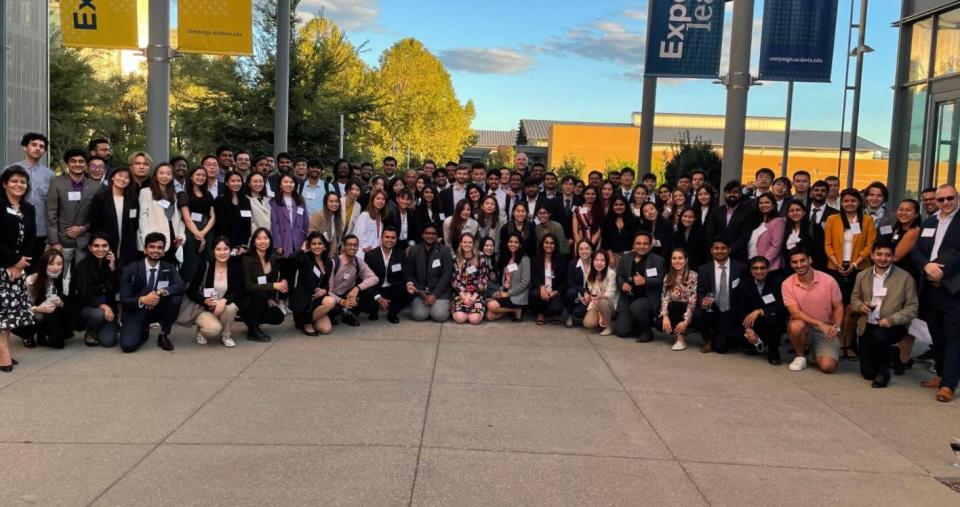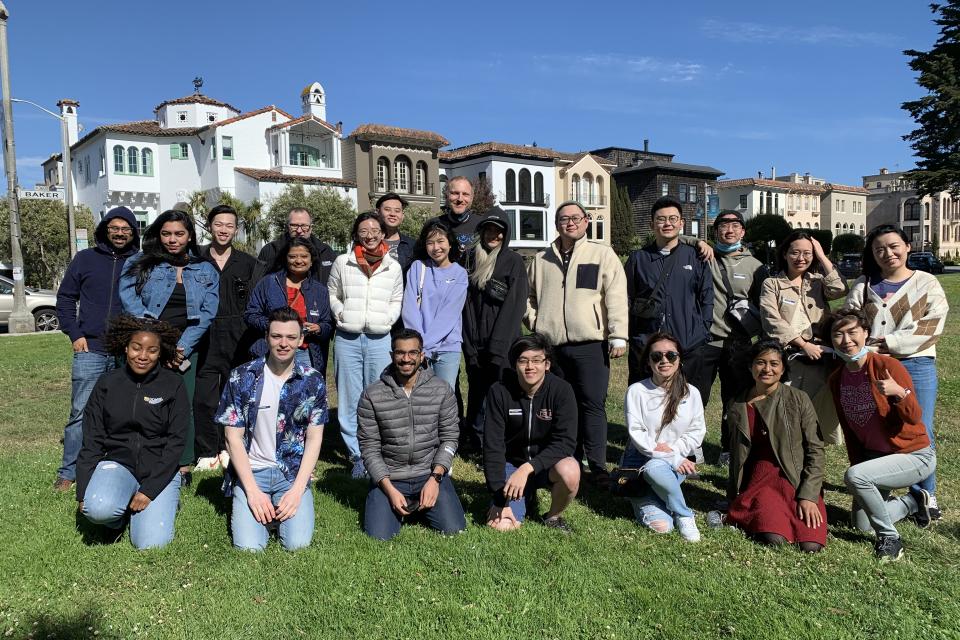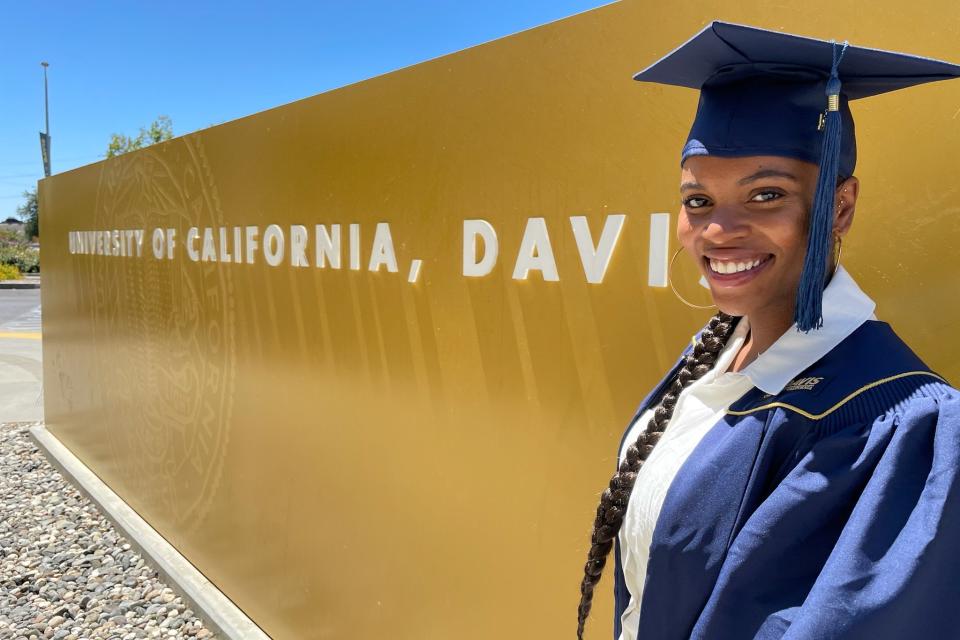MSBA Practicum: Takeaways for Effective Teamwork
Shared vision and complementary skills essential to our team’s success
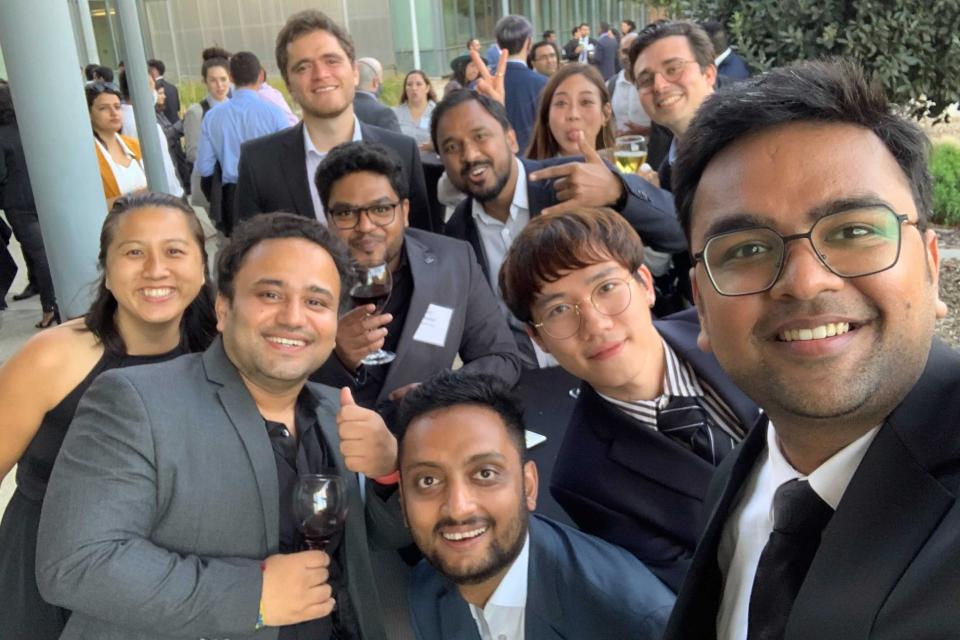
Technology advances are creating an increasingly connected world, generating an abundance of information and data. I decided to join the UC Davis Master’s of Science in Business Analytics program last year to learn how to use this data effectively and isolate actual knowledge from all the noise.
My grad school journey has been challenging and rewarding. I’m grateful for the opportunity to learn from peers from all over the world. Additionally, I’ve learned that a diverse team can solve a difficult problem by leveraging a critical asset: our shared sense of purpose.
The Practicum Project: Developing Real Solutions
One highlight of the MSBA is the program-long practicum project, which is an analytics project in which student teams develop solutions for a company or organization.
It’s an excellent opportunity to apply what we learn in class to tackle real-world problems. Beyond that, it’s the ideal opportunity to comprehend how to effectively work as a team to deliver a data analytics solution.
The Benefits of Working with a Diverse Team
Our team is collaborating with the California Pacific Medical Center Research Institute (CPMC-RI) to improve data processes in the Cancer Avatar project. In this project, I have been very fortunate to work with a diverse team of talented individuals from all over the world including Brazil, India, China, the U.S., and Russia. By working together, we’ve achieved much more than would be possible by working alone.
When reflecting on the reasons our team functions so well, I believe it’s a combination of highly motivated people and two factors:
- A shared purpose
- A complementary set of skills
A Shared Purpose We Believed In
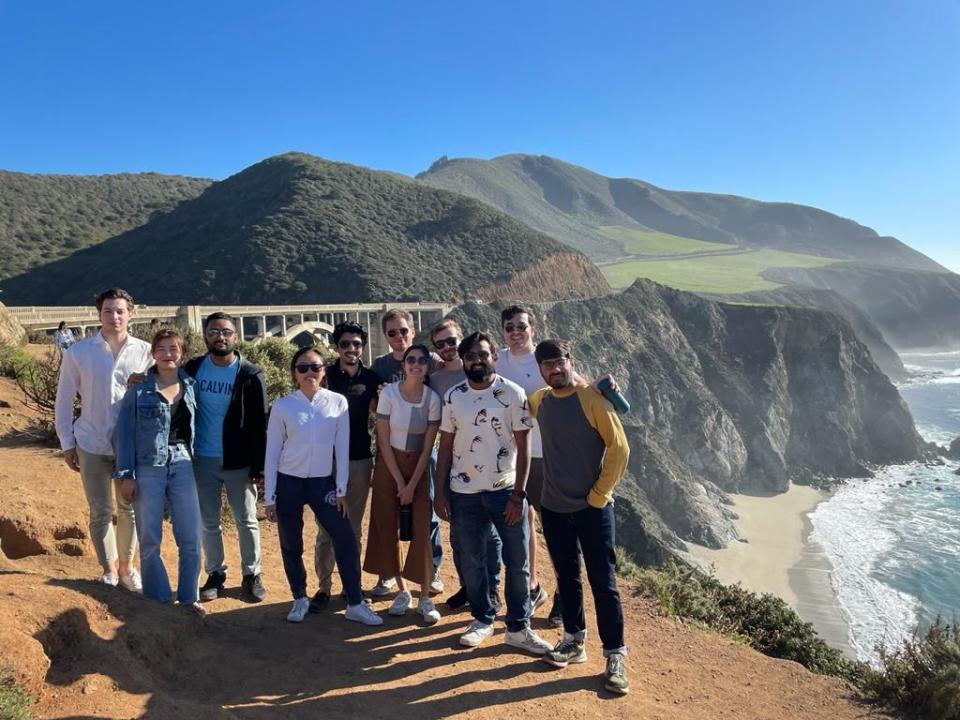
The shared purpose was the element that brought our team together. Even with all of our differences, we all recognized the relevance of cancer research and applied to be part of this project. The opportunity to contribute to something that could save people’s lives excited all of us.
From the start of the project, we recognized that the slightest improvement we could make in cancer research was worth more than any revenue that we could generate in a traditional business. This shared mindset was essential in our team’s dynamics. It worked like a North Star, reminding us of the importance of what we were doing and motivating us to execute any task of our project plan.
The value of shared purpose is widely recognized and discussed. For example, Antoine de Saint-Exupéry, the writer of “The Little Prince,” pointed out:
“If you want to build a ship, don’t drum up people to collect wood and don’t assign them tasks and work but rather, teach them to long for the endless immensity of the sea.”
My team and I witnessed this first-hand as we worked together on our practicum project. We all knew that our job would benefit a relevant cause, which led to increased collaboration. The shared purpose was clear from the beginning, and it functioned as an unspoken shared commitment.
Shared Purpose is Achieved Through Goal-Setting
Focusing on cancer research, we started with a shared purpose in mind that could have an impact on millions of people. I realize that isn’t always the reality for most team projects.
In a more traditional practicum scenario, where a team’s work may not be so much a life-and-death cause, the shared purpose effect is achieved by having a precise goal for the team. The group needs to define the problems that need to be solved early and set a clear plan to achieve those goals.
Four Questions to Clarify a Team’s Goals
The following are four questions that might help in clarifying the goal as a team:
- What is the problem that we are trying to solve?
- How can we solve this collectively?
- Do we have deadlines?
- What’s at stake if we don’t do this?
Diverse, Complementary Skills Are A Key to Success
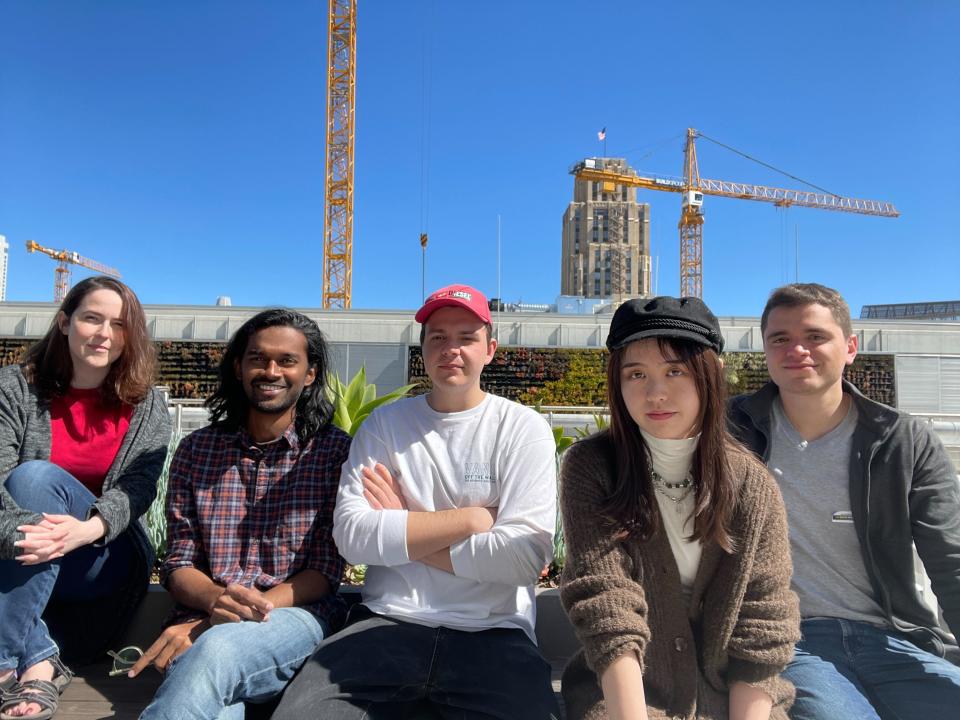
The second essential factor to our team’s performance was a complementary set of skills among team members. An analytics project is hardly a one-person task. It involves different subjects.
On the technical side, we had to design the whole data life-cycle including data acquisition, storage, analysis and visualization.
On the business side, it was essential to have a clear vision of the business processes and the issues that need to be addressed. Beyond that, some project management rites are necessary to guarantee a smooth plan execution and promote a positive relationship with the stakeholders.
Our team was composed of engineers, analysts, consultants and subject-matter experts, with a broad set of skills, backgrounds and interests, all of which were essential to the successful project execution.
We worked in a non-hierarchical structure, where team members divided and executed the tasks according to areas of expertise, all the while keeping the project goal in mind. We set up rotating roles to ensure the execution of our project rites and plan was equitable.
A diverse set of skills gave our team confidence to execute our project plan even when we weren’t sure about a specific biological concept or how to effectively streamline some data from the web into our internal database. Personal expertise played a significant role in setting up our team’s dynamics. By recognizing the team members’ strengths, in a shared goal environment, it was easy to work together, learn from each other, and foster a favorable project environment.
Key Takeaways
The most valuable lessons that I take from this project are recognizing:
- There is no such thing as a “unicorn professional” who can do everything.
- The importance of a shared purpose in the success of a team’s dynamic.
- Good teamwork does not guarantee the success of an endeavor; but, bad teamwork can guarantee its failure.
My grad school journey has been challenging and rewarding so far, and I’m grateful for the opportunity to learn from my peers from all over the world in the process.
